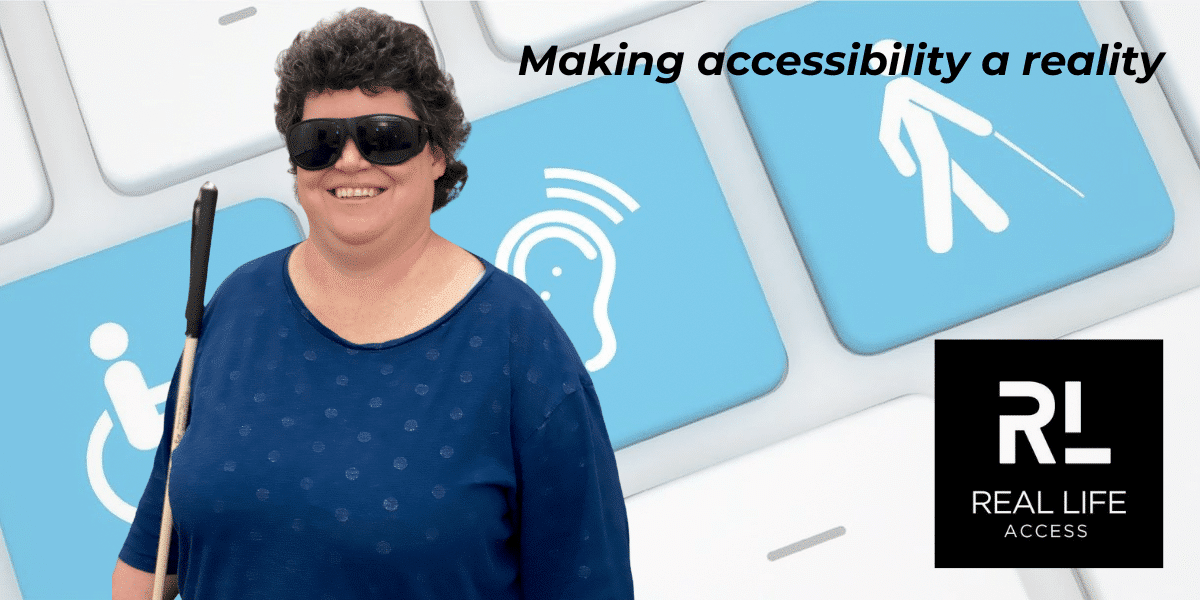In an era where diversity and inclusion dominate business strategies, one significant demographic often goes overlooked despite its substantial economic influence—the Disability Market. Encompassing not only individuals with disabilities but also seniors, this market wields a remarkable buying power exceeding $2 trillion. Angela Fowler, CEO of Real Life Access, is at the forefront of addressing this oversight. Through her advocacy for user experience (UX)-guided design and her personal insights, Fowler illuminates the untapped potential of this demographic and provides actionable strategies for businesses to effectively engage with it.
The challenge of recognizing the Disability Market stems largely from a narrow perspective shaped by personal experience. “People look at things through the lens of their own experience until and unless someone comes along and broadens that lens,” Fowler explains. This limited viewpoint often results in businesses failing to acknowledge or address the needs of individuals with disabilities. The oversight is not merely a missed ethical opportunity but a significant financial one, leaving billions of dollars in potential revenue untouched.
Fowler’s argument for prioritizing accessibility goes beyond compliance with disability laws. She views it as a strategic business opportunity. “The buying power of people with disabilities is much larger than most realize,” she states, underscoring the necessity for businesses to rethink their approach. Companies that neglect accessibility are not only excluding a vital customer segment but also forgoing substantial financial gains.
Organizations that have embraced accessibility demonstrate its far-reaching benefits. For instance, the U.S. Department of Veterans Affairs (VA) exemplifies success through its commitment to inclusivity. By employing accessibility professionals with disabilities and integrating user research, the VA has significantly enhanced its digital platforms. This inclusive approach has led to user-friendly interfaces and underscores the value of prioritizing accessibility expertise and feedback. Such success stories serve as powerful reminders that investing in accessibility can yield both ethical and financial rewards.
In today’s digital-first economy, accessibility is more crucial than ever. Online shopping and digital services dominate the marketplace, yet a significant portion of websites remain inaccessible to users with disabilities. Fowler highlights common barriers, such as poor keyboard navigation and inadequate labeling, which prevent companies from reaching this lucrative market. She stresses the importance of going beyond minimal compliance with laws like the Americans with Disabilities Act (ADA). While these laws provide a necessary framework, true inclusion requires businesses to adopt accessibility as a core value.
Unfortunately, misconceptions about disability law and fear of litigation have hindered progress. Instead of fostering productive dialogue, these fears often lead to resistance against accessibility initiatives. Fowler urges businesses to move past these fears and recognize the broader benefits of embracing accessibility. Beyond mitigating legal risks, prioritizing accessibility can enhance brand reputation, foster customer loyalty, and unlock new revenue streams.
Demographic shifts add another layer of urgency to this issue. With an aging population, the demand for accessible products and services is set to grow exponentially. Companies that adapt proactively will gain a competitive edge, capturing a larger share of this expanding market. By investing in accessibility now, businesses can position themselves as leaders in a landscape increasingly defined by inclusivity.
Fowler’s advocacy is deeply rooted in her personal experiences. Having navigated societal misunderstandings about disability throughout her life, she brings a unique perspective to her work with Real Life Access. Her mission is clear: to empower businesses with the knowledge and tools needed to engage effectively with the Disability Market. By sharing her expertise, she aims to bridge the gap between businesses and this underserved demographic.
Angela Fowler’s insights underscore why accessibility should be viewed not just as a legal or ethical obligation but as a strategic imperative. The Disability Market represents over $2 trillion in purchasing power, offering immense potential for growth and innovation. Businesses that embrace accessible design principles stand to gain a competitive advantage, while those slow to adapt risk being left behind.
The path forward is clear. By prioritizing expert guidance, valuing user feedback, and committing to genuine inclusion, businesses can create environments where everyone has access to essential products and services. This approach not only drives profitability but also fosters a society that celebrates diversity in ability. Angela Fowler’s work serves as both an inspiration and a call to action for businesses ready to embrace the opportunities that come with true inclusivity.
Learn More About Real Life Access Today!
Linked In: Angela Fowler
Published by Jeremy S.








